
This book is an introduction to the language of systems biology, which is spoken among many disciplines, from biology to engineering. Authors Thomas Sauter and Marco Albrecht draw on a multidisciplinary background and evidence-based learning to facilitate the understanding of biochemical networks, metabolic modeling and system dynamics.
Their pe...

This book contains the joint proceedings of the Winter School of Hakodate (WSH) 2011 held in Hakodate, Japan, March 15–16, 2011, and the 6th International Workshop on Natural Computing (6th IWNC) held in Tokyo, Japan, March 28–30, 2012, organized by the Special Interest Group of Natural Computing (SIG-NAC), the Japanese Society for Artificial I...

Everything Flows explores the metaphysical thesis that the living world is not made up of substantial particles or things, as has often been supposed, but is rather constituted by processes. The biological domain is organised as an interdependent hierarchy of processes, which are stabilized and actively maintained at different timescales. Even enti...
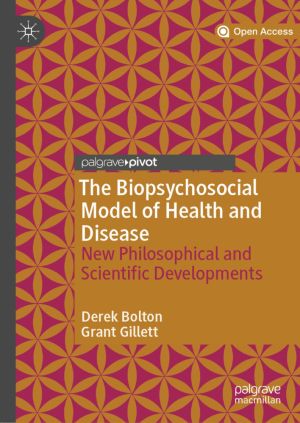
'This is an incredibly audacious book. Derek Bolton and Grant Gillett brilliantly succeed in providing the big picture that was lacking in the defense of the biopsychosocial model promoted by Engel 40 years ago.' - Steeves Demazeux, Assistant Professor in philosophy, Bordeaux-Montaigne University, FranceThis book is a systematic update of...
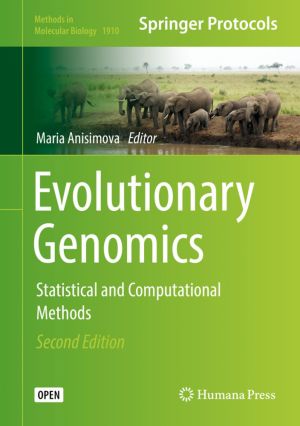
This book addresses the challenge of analyzing and understanding the evolutionary dynamics of complex biological systems at the genomic level, and elaborates on some promising strategies that would bring us closer to uncovering of the vital relationships between genotype and phenotype. After a few educational primers, the book continues with sectio...

This book shows how to use sensitivity analysis in demography. It presents new methods for individuals, cohorts, and populations, with applications to humans, other animals, and plants. The analyses are based on matrix formulations of age-classified, stage-classified, and multistate population models. Methods are presented for linear and nonlinear,...
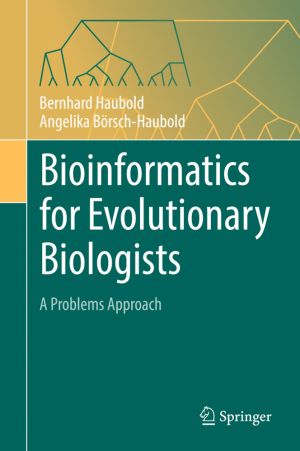
This self-contained textbook covers fundamental aspects of sequence analysis in evolutionary biology, including sequence alignment, phylogeny reconstruction, and coalescent simulation. It addresses these aspects through a series of over 400 computer problems, ranging from elementary to research level to enable learning by doing. Students solve the ...
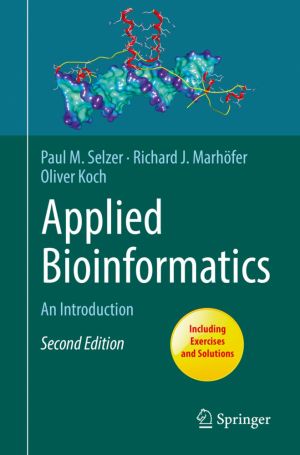
This book introduces readers to the basic principles of bioinformatics and the practical application and utilization of computational tools, without assuming any prior background in programming or informatics. It provides a coherent overview of the complex field and focuses on the implementation of online tools, genome databases and software that c...
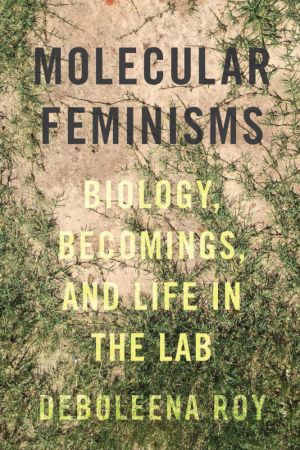
In Molecular Feminisms, Roy investigates science as feminism at the lab bench, engaging in an interdisciplinary conversation between molecular biology, Deleuzian philosophies, posthumanism, and postcolonial and decolonial studies. She brings insights from feminist theory together with lessons learned from bacteria, subcloning, and synthetic biology...
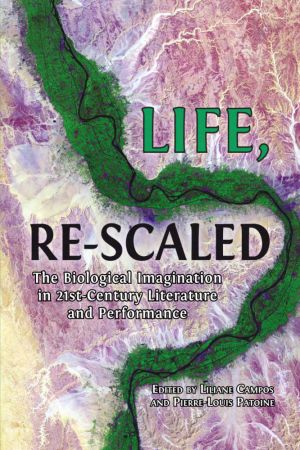
This edited volume explores new engagements with the life sciences in contemporary fiction, poetry, comics and performance. The gathered case studies investigate how recent creative work reframes the human within microscopic or macroscopic scales, from cellular biology to systems ecology, and engages with the ethical, philosophical, and political i...

This book analyzes the possibilities for effective global governance of science in Europe, India and China. Authors from the three regions join forces to explore how ethical concerns over new technologies can be incorporated into global science and technology policies. The first chapter introduces the topic, offering a global perspective on embeddi...

Recent years have seen spectacular advances in the field of circadian biology. These have attracted the interest of researchers in many fields, including endocrinology, neurosciences, cancer, and behavior. By integrating a circadian view within the fields of endocrinology and metabolism, researchers will be able to reveal many, yet-unsuspected aspe...

This book provides a practical and self-contained overview of the Gene Ontology (GO), the leading project to organize biological knowledge on genes and their products across genomic resources. Written for biologists and bioinformaticians, it covers the state-of-the-art of how GO annotations are made, how they are evaluated, and what sort of analyse...

This proceedings is a collection of 46 selected papers that were presented at the 12th International Wheat Genetics Symposium (IWGS). Since the launch of the wheat genome sequencing project in 2005, the arrival of draft genome sequences has marked a new era in wheat genetics and genomics, catalyzing rapid advancement in the field. This book provide...

Beginning with an overview of data and concepts developed in the EU-project HABIT-CHANGE, this book addresses the need for sharing knowledge and experience in the field of biodiversity conservation and climate change. There is an urgent need to build capacity in protected areas to monitor, assess, manage and report the effects of climate change and...

Phylogenetic diversity is now a key concept for biodiversity conservation due to its link to option value, evolutionary potential and to the possibility of guiding conservation across scales. Present facilities for obtaining molecular sequences and metagenomes are powering this research field, rendering available detailed information of phylogeneti...

This book examines the methodological complications of using complexity science concepts within the social science domain. The opening chapters take the reader on a tour through the development of simulation methodologies in the fields of artificial life and population biology, then demonstrates the growing popularity and relevance of these method...
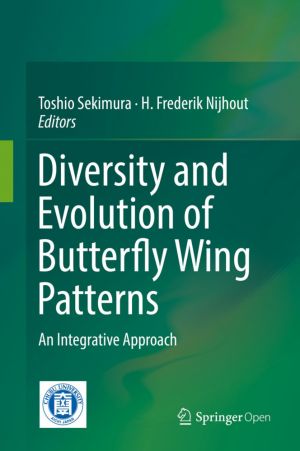
This book facilitates an integrative understanding of the development, genetics and evolution of butterfly wing patterns. To develop a deep and realistic understanding of the diversity and evolution of butterfly wing patterns, it is essential and necessary to approach the problem from various kinds of key research fields such as "evo-devo,&quo...
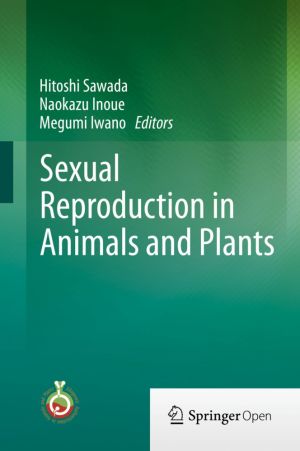
This book contains the proceedings of the International Symposium on the Mechanisms of Sexual Reproduction in Animals and Plants, where many plant and animal reproductive biologists gathered to discuss their recent progress in investigating the shared mechanisms and factors involved in sexual reproduction. This now is the first book that reviews re...
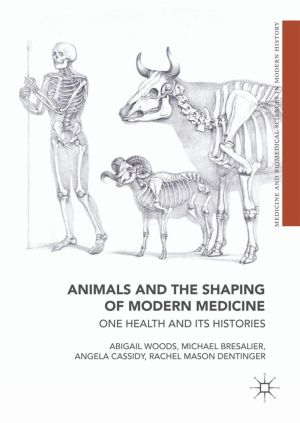
This book breaks new ground by situating animals and their diseases at the very heart of modern medicine. In demonstrating their historical significance as subjects and shapers of medicine, it offers important insights into past animal lives, and reveals that what we think of as 'human' medicine was in fact deeply zoological.Each chapter ...

The average person can name more bird species than they think, but do we really know what a bird "species" is? This book takes up several fascinating aspects of bird life to elucidate this basic concept in biology. From genetic and physiological basics to the phenomena of bird song and bird migration, it analyzes various interactions of b...

This volume starts with an elementary introduction covering stem cell methodologies used to produce specific types of neurons, possibilities for their therapeutic use, and warnings of technical problems. In addition the authors report successes in achieving the derivation of a specific type of neuron. The dopamine neuron offers an important example...

This open access volume presents a comprehensive account of all aspects of biological invasions in South Africa, where research has been conducted over more than three decades, and where bold initiatives have been implemented in attempts to control invasions and to reduce their ecological, economic and social effects. It covers a broad range of the...
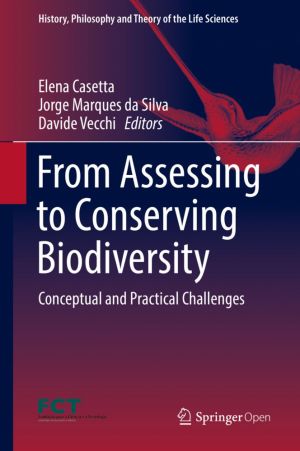
This book features essays written by philosophers, biologists, ecologists and conservation scientists facing the current biodiversity crisis. Despite increasing communication, accelerating policy and management responses, and notwithstanding improving ecosystem assessment and endangered species knowledge, conserving biodiversity continues to be mor...
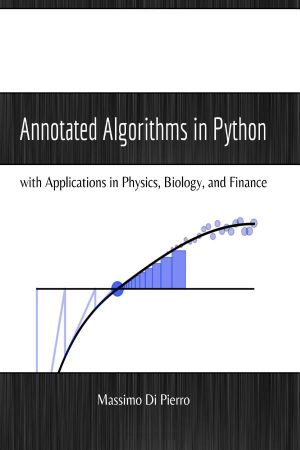
This book is assembled from lectures given by the author over a period of 10 years at the School of Computing of DePaul University. The lectures cover multiple classes, including Analysis and Design of Algorithms, Scientific Computing, Monte Carlo Simulations, and Parallel Algorithms. These lectures teach the core knowledge required by any scientis...
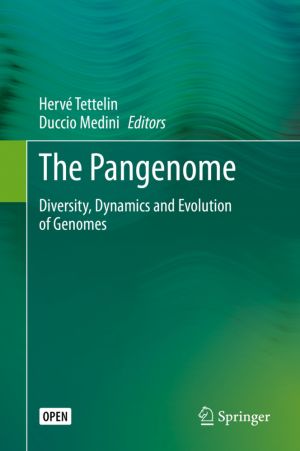
This open access book offers the first comprehensive account of the pan-genome concept and its manifold implications.
The realization that the genetic repertoire of a biological species always encompasses more than the genome of each individual is one of the earliest examples of big data in biology that opened biology to the unbounded. The study ...

This book provides a balanced presentation of the fundamental principles of cardiovascular biomechanics research, as well as its valuable clinical applications. Pursuing an integrated approach at the interface of the life sciences, physics and engineering, it also includes extensive images to explain the concepts discussed.Cardiovascular biome...
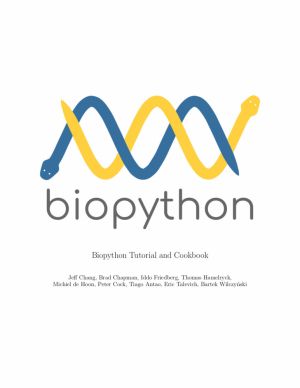
The Biopython Project is an international association of developers tools for computational molecular biology. Python is an object oriented, interpreted,flexible language that is becoming increasingly popular for scientific computing. Python is easy to learn, hasa very clear syntax and can easily be extended with modules written in C, C++ or FORTRA...
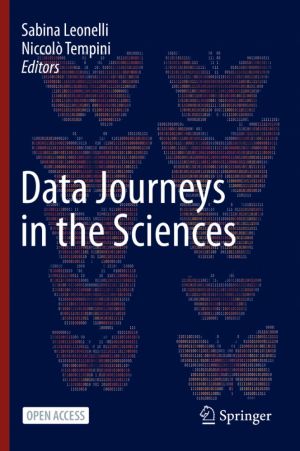
This groundbreaking, open volume analyses and compares data practices across several fields through the analysis of specific cases of data journeys. It brings together leading scholars in the philosophy, history and social studies of science to achieve two goals: tracking the travel of data across different spaces, times and domains of research pra...

What does it mean to be a scientist working today; specifically, a scientist whose subject matter is human life? Scientists often overstate their claim to certainty, sorting the world into categorical distinctions that obstruct rather than clarify its complexities. In this book Daniel Nettle urges the reader to unpick such distinctions - biological...

In this rigorous and necessary book, Kristien Hens brings together bioethics and the philosophy of biology to argue that it is ethically necessary for scientific research to include a place for the philosopher. As well as ethical, their role is conceptual: they can improve the quality and coherence of scientific research by ensuring that particular...

This book is an introduction to the language of systems biology, which is spoken among many disciplines, from biology to engineering. Authors Thomas Sauter and Marco Albrecht draw on a multidisciplinary background and evidence-based learning to facilitate the understanding of biochemical networks, metabolic modeling and system dynamics.
Their pe...
